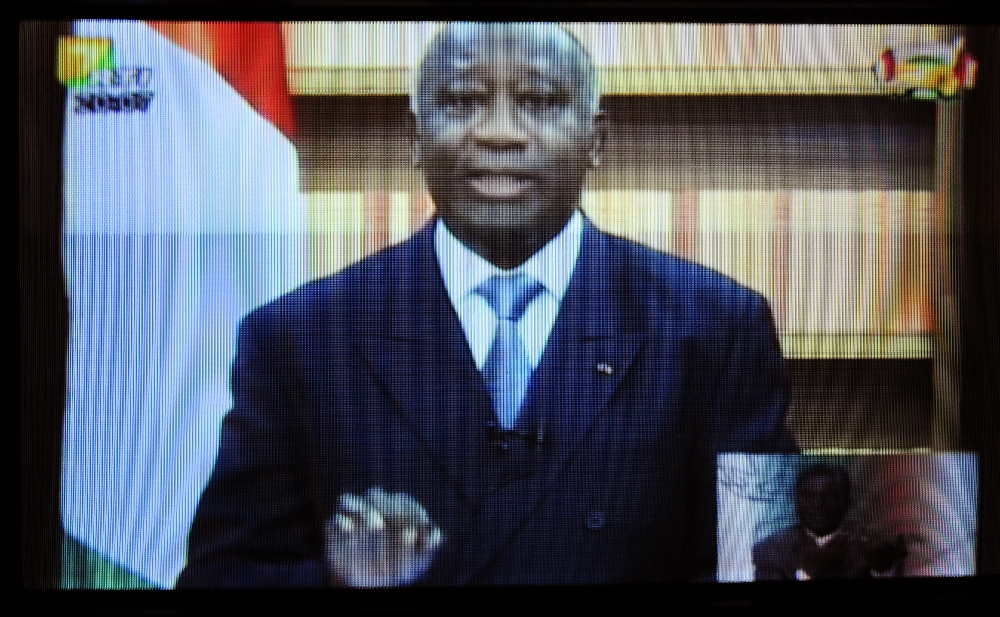Key dates in the life of former Ivory Coast president Laurent Gbagbo, who is scheduled to return home on Thursday after being acquitted of crimes against humanity in The Hague.
May 31, 1945: Born in the south-central Ivory Coast region of Gagnoa, to the Bete ethnic group. Educated in a Christian seminary.
1971: Becomes a history professor. Emerges as critic of Ivory Coast’s post-independence single-party system. He is imprisoned for almost two years for “subversive” teaching.
1982: Founds the Ivorian Popular Front (FPI) to fight one-party rule. Goes into exile in France.
1988: Returns to take part in the FPI party congress.
1990: Is the sole opposition candidate at presidential elections against Felix Houphouet-Boigny, the father of Ivory Coast’s independence, after a multiparty system is introduced.
October 26, 2000: Elected president.
September 2002: Renegade soldiers try to oust Gbagbo. Rebels take over the north of the country but the government retains control of the south.
2005: The presidential election is postponed for the first of six times before finally being held in 2010.
2007: Gbagbo and northern rebel chief Guillaume Soro sign an agreement to end the crisis. Gbagbo appoints Soro as prime minister.
April 11, 2011: Arrested in Abidjan after more than four months of crisis after he refuses to acknowledge defeat at the November 2010 election against Alassane Ouattara. More than 3 000 people die.
November 30, 2011: Is transferred to the International Criminal Court (ICC) in The Hague.
January 15, 2019: Acquitted by the ICC on charges of crimes against humanity. Freed on strict conditions in February pending a prosecution appeal. He lives in Belgium.
September 14, 2020: Ahead of the presidential election in October, Ivory Coast’s constitutional court rejects Gbagbo’s candidacy.
March 31, 2021: The ICC confirms his acquittal.
June 17, 2021: Scheduled return to Ivory Coast.
Source: AFP
Picture: AFP


